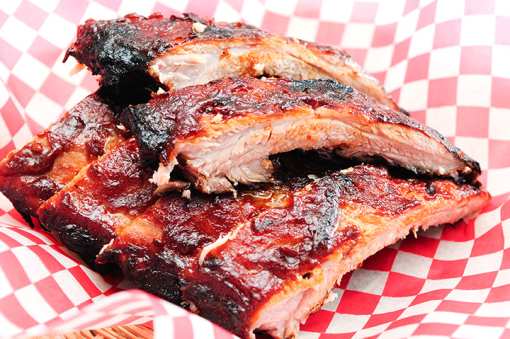Some say that rodeo was born in 1869 when two groups of cowboys from neighboring ranches met in Deer Trail, Colo., to settle an argument over who was the best at performing everyday cowboy tasks, including breaking wild horses to ride for ranch work – a common cowboy task that evolved into rodeo’s saddle bronc riding event.
That informal gathering is considered by many to be the fi rst rodeo – the beginning of a true American sport, based on the needs and customs of those who settled the great American West. Spanish-speaking cowboys, vaqueros, and the more recently arrived cowboys from the eastern part of the country contributed different skills and techniques to the cowboy toolbox.
Breaking horses for their own use was just one part of a cowboy’s job. Capturing calves and full-grown cattle for branding, medical attention and sale required finely honed roping and riding skills on the sprawling, often inhospitable terrain of frontier ranches – skills that were tested and contested in events that led to today’s tie-down roping, team roping and steer roping.
Today’s professional rodeo cowboy is a bit different from his predecessor from the 1800s, although the traditional ideals of sportsmanship, showmanship and mentorship are still valued by today’s competitors.
A cowboy’s standing in the sport of rodeo still depends on his skill with a rope or his ability to ride a bucking animal, his toughness in the face of setbacks, and his gratitude and humility about the success he achieves. His standing in the rodeo community still depends on his adherence to the cowboy code,
which dictates that a man helps his fellow competitors even when they are competing for the same paycheck – many cowboys loan horses and equipment to even their closest competitors – and teach what they know to younger cowboys.
Yet some aspects of rodeo have changed since those early days. Many professional cowboys travel in comfortable trucks or custom-made rigs, or they fl y from one rodeo to another by commercial airline or charter plane. Marketing and business acumen have become as crucial as roping, wrestling or riding skills as contestants compete for more money than ever before.






